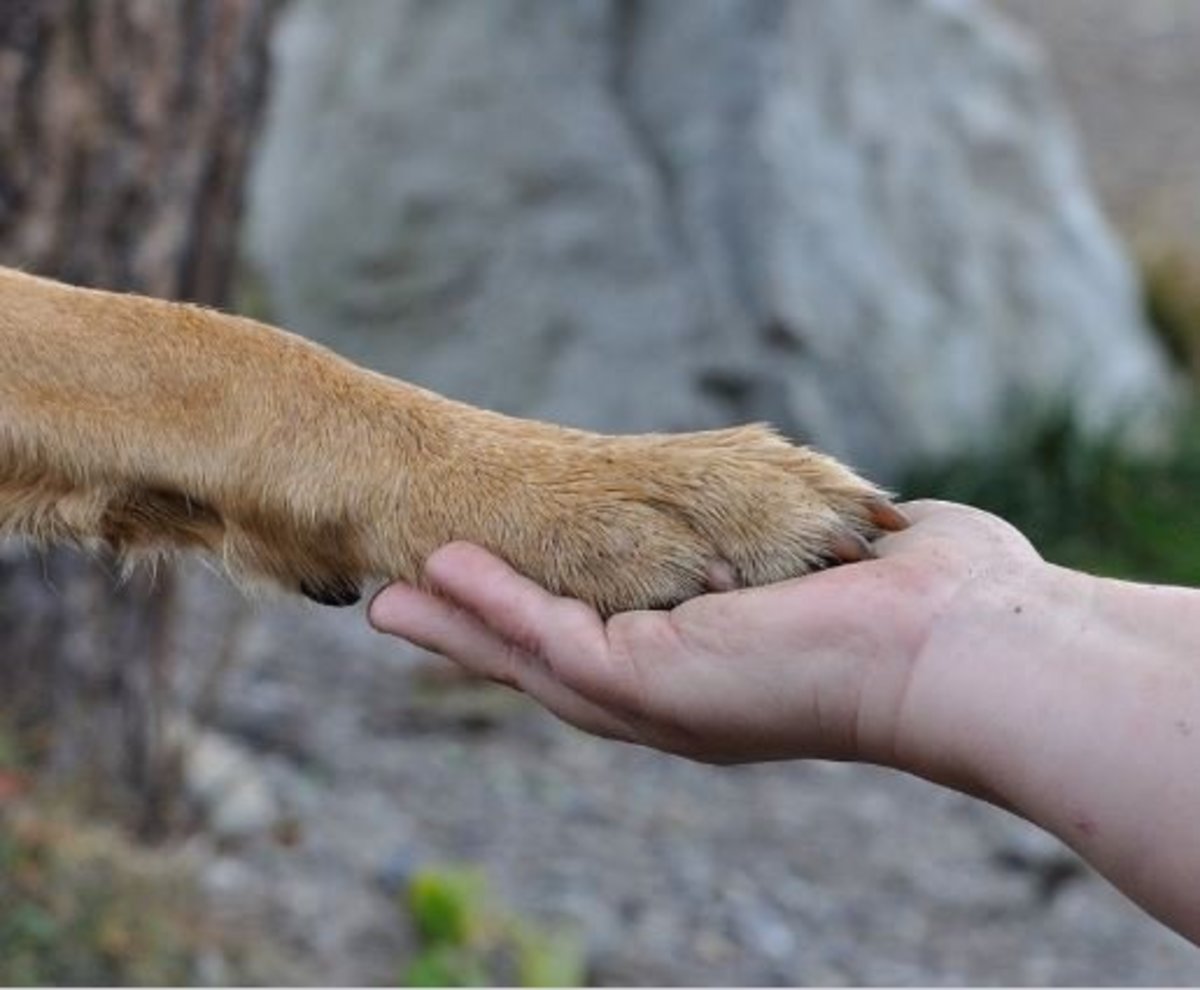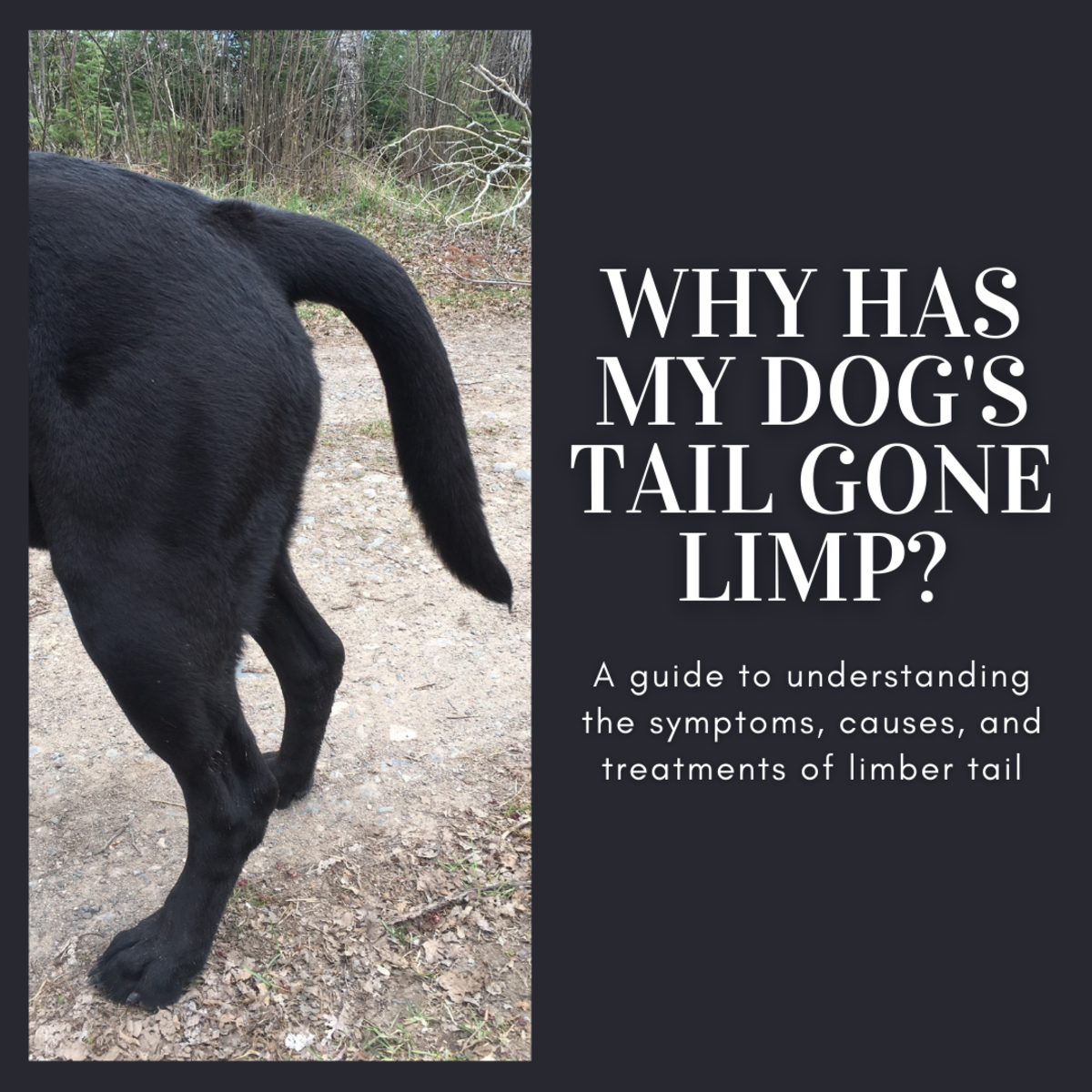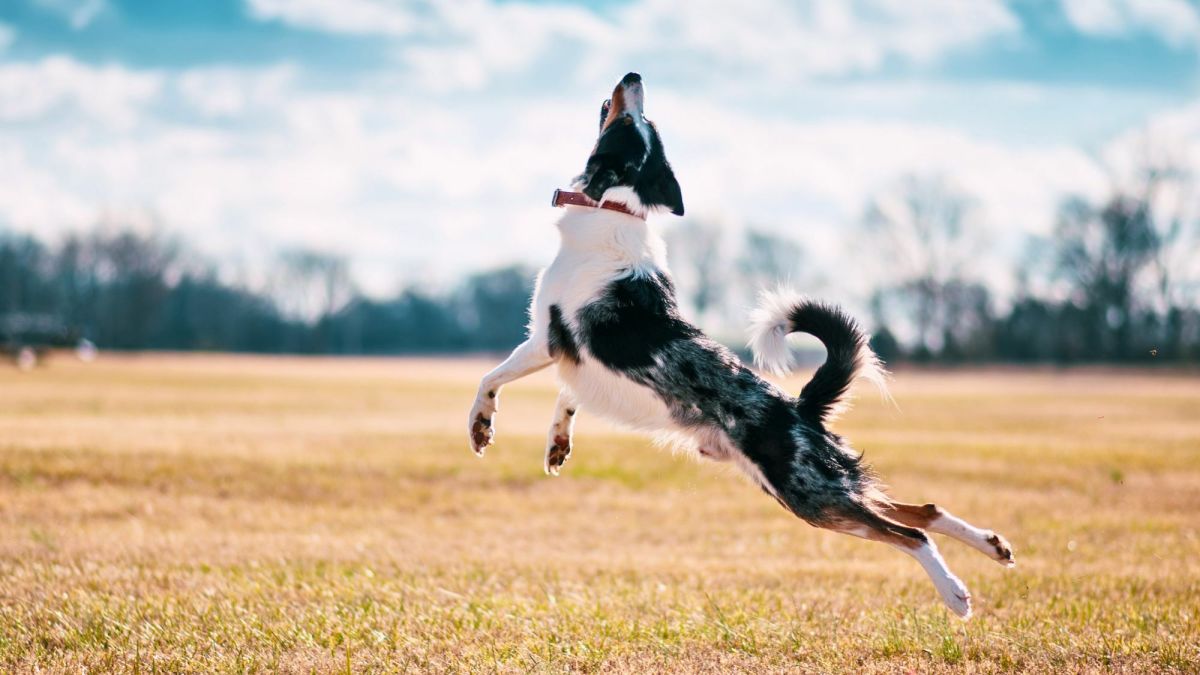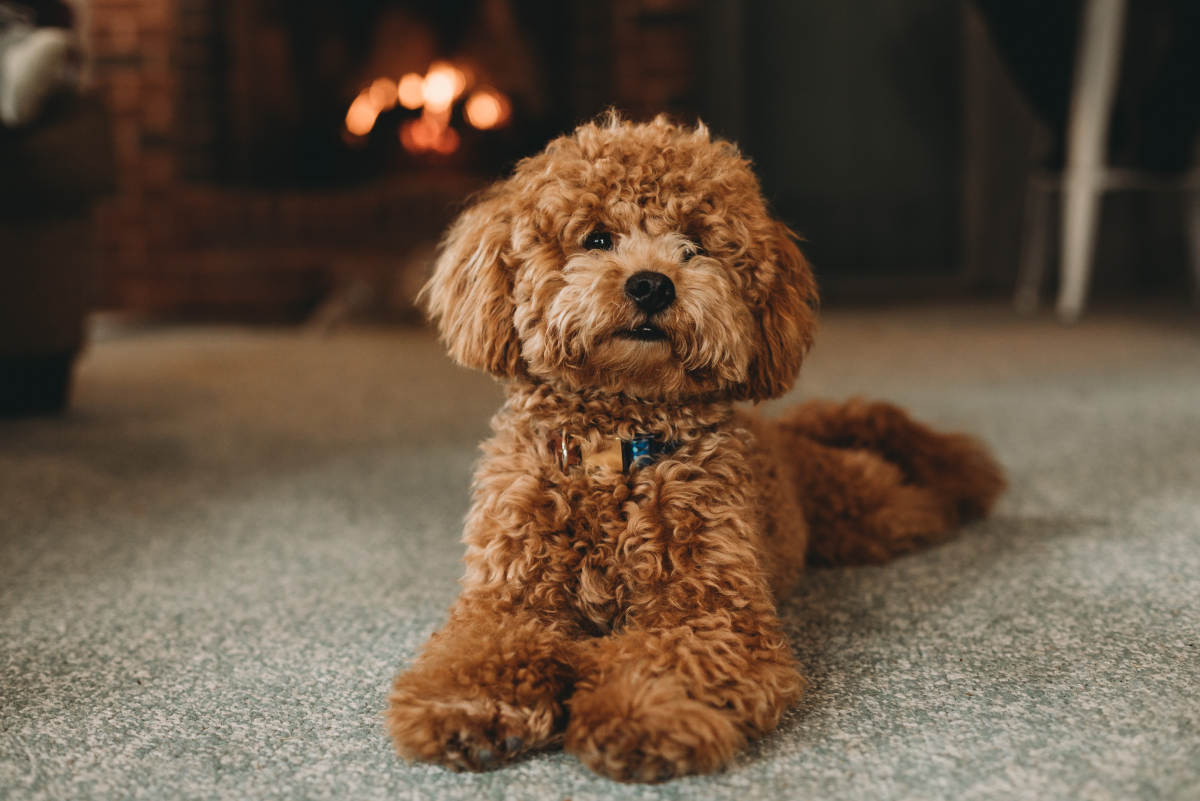Knowing what annoys or pleases our dogs: building lasting relationships
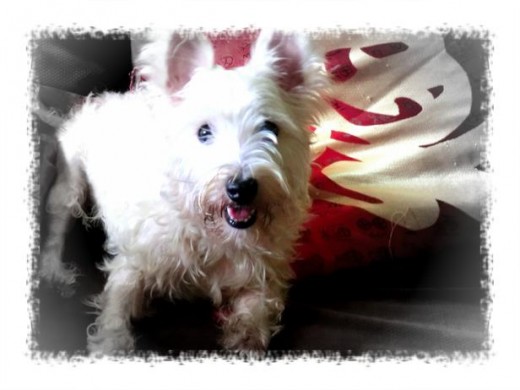
By Michelle Liew Tsui-Lin
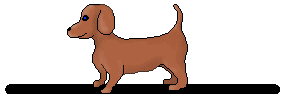
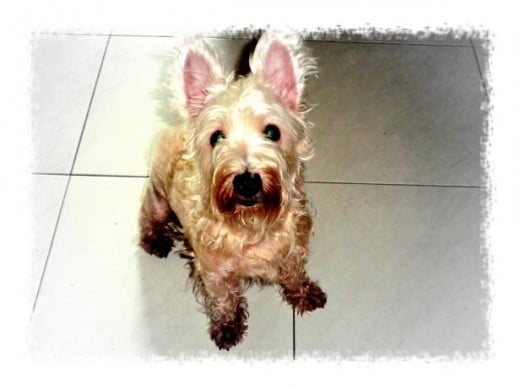
How to bond with your dog
"While love develops naturally (one hopes), building a strong bond needs time and attention. It doesn't happen automatically, like love-the bond develops through every interaction you have with your dog, and what you do, say, and even think all play a role in either strengthening or diminishing the bond you have with your dog. The bond forms the core of your entire relationship; if it's lacking, it's the source of the majority of your frustration with your dog. A strong bond is the reason your dog wants to be close to you, work for you, and listen to you."
This quote from dog training expert Victoria Schade from her book A Trainer’s Secret for Building Better Relationships speaks well of the need for owners to build strong bonds with their dogs.
Giving strength to such relationships, like those we build with humans, is not a process that becomes successful overnight. Canine minds and ours do function a little differently, for good reason, so forging strong bonds with our dogs starts with a little knowledge about what pleases and annoys them.
And of course, there are many things we can do to communicate our expectations to our dogs and make our relationships with them just a little better.

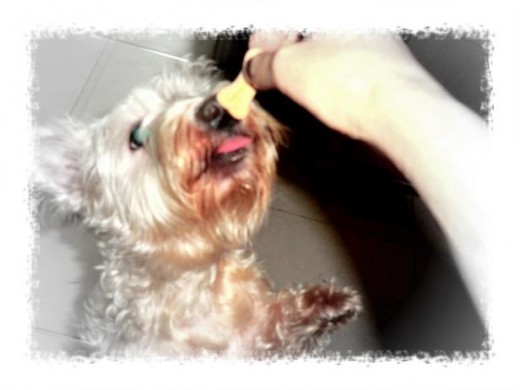
How to bond with your dog
What annoys or confuses our dogs?
Dogs and humans have totally different systems of communication and lifestyle preferences that set them apart. What is commonplace or pleasurable for us may not make any sense to them. In fact, it even causes little levels of frustration.
So what are the little peeves of dogs? We need to know what these are to facilitate a little communication between us, and them. A dog would say their owners frustrate them because....
...of the way they communicate.
Being human, we communicate with words, and would, of course, do the same with our dogs.
Dogs communicate with their bodies, letting us know how they feel through their little gestures.
We do drive them a little batty when we heap lots of words on them because of, for example, misplaced poop.
Speaking to a dog requires communication from within and showing them what we really intend. He does not really bother whether we speak in English or French. In fact, our lip movements confuse him!
...owners see them as they do children.
Owners love their dogs and try their level best to give them the best they can give. Think of dog toys, treats and for some, the best clothes to wear, something I am not too fond of unless its for security and protecting their paws from the cold or heat.
We do have to be careful not to overwhelm them with affection. Every dog loves to behave like a dog, and giving him that structure to do so fulfills him. Your domesticated pet is also a dog who has the pack instincts of tracking, sniffing and social norms. It would behave as it would in a pack and needs the owner to reinforce that, which would otherwise cause a little frustration.
...owners play with them a little too much.
Cute animals like our little furkids just make us go aww! When our dogs ask us for play, we give in and go into play mode, obliging with a little game of catch.
What happens is that we give up our role as Alpha dog of the pack, submitting to the demands of those lower in the chain. The dog then loses his perspective and understanding, not knowing whether to follow our directions as owners or not.
In the same vein raising children, dogs need structure and discipline. It is always calm and composure before play.
...owners are tense and nervous around them.
This happens, for instance, when someone, perhaps not a dog lover, comes to visit. We worry about whether our dogs will upset them and it makes us a little nervous.
We will, in the things we say and do, transmit the tension through to our dogs. Our body language shows our dogs that we are worried, so our worries do, in fact, become reality.
So our dogs will act up, just in the way we feared they would.
…..the dog does not have a job to do.
If humans find boredom frustrating, so do dogs. They have wild ancestry, no matter how domesticated they are, and have hunting instincts. They were also bred for certain jobs like herding and catching rodents and have, through the process of evolution, retained these instincts.
When these are denied, Fido gets a little frustrated or even aggressive.

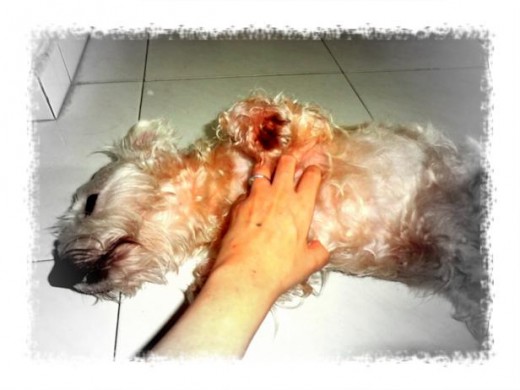
How do you bond with your dog?
What makes dogs happy?
What would further facilitate communication between owners and dogs is to know what makes them happy and why.
A dog is happiest with....
...a good belly rub
Done in the right way, a belly rub makes a dog really happy and gets him kicking. Flipping upside down and asking for one is his way of showing you that he trusts you. When you affirm that trust with a rub, it makes him ecstatic.
Rubbing his belly the right way is important because dogs will not flip over and let just anyone do it. Gain his trust and being by petting his chest area, and only rub when the dog decides to flip over.
...treats!
A good dog loves his treats, at the right times and for the right reasons. Healthy treats help to quash the hunger pangs and keep a dog in good health.
Be careful to give good quality, healthy treats and as far as possible, for reinforcing good behavior.
...daily walks
A dog loves a walk, anywhere and at anytime, because it is his chance for him to explore his surrounding world through his sense of smell, hearing and not-so-strong sight.
Walk your dog daily to curb his boredom and make him just that bit happier.
...play
Like children, at the appropriate times, dogs love a little play and we should give them the chance to.
As we said before, play should only happen after calm and obedience.
...being part of the family.
When a dog is adopted, it should become one of our family members. That acknowledgement makes him love you, so make him a part of the family with a little training and positive reinforcement.


Conclusion
Knowing what annoys and pleases our dogs will assist us in understanding the way they think just a bit better. It will help us to communicate more effectively with our canine friends.
With other ways to love our dogs, I wish everyone the best in being the best dog owner he or she could possibly be.
Original Work by Michelle Liew Tsui-Lin
All rights reserved.

Other Pet Hubs by Michelle Liew
- Causes of skin disorder in dogs:symptoms, types and ...
What are the symptoms, causes and types of skin diseases in dogs? Which breeds usually experience them? - How to be responsible owners and reduce the number o...
On the problem of pet abandonment and how to reduce the numbers of unwanted pets in shelters. - Making the trip to the veterinarian easier for yours...
On the times we need to bring our pets to the vet, the difficulties we face and how to overcome them. - Ten rare canines to consider as family pets
Here are 10 rare breeds of canines to consider as pets! - How to provide stress relief for our pets
An article on the causes of stress in animals and how to help them overcome it. - Symptoms of fear in dogs and how to help our pets ov...
On the different things that make our dogs afraid and overcoming them. - How to determine if a dog has been poisoned:causes, ...
An article on the causes, symptoms and prevention of poisoning in dogs. - What unique cats make special pets?
Ten special cat breeds one can consider as pets. - The benefits of music for animals : suitable music f...
On the benefits of music for our pets - Eliminating fleas in our pets - the pros and cons of...
The pros and cons of anti-flea products and natural ways of eliminating fleas in our pets.



